Metallica had a lot of work ahead of them to save their image after their group therapy produced St. Anger — They shelved Hammet’s defining guitar solos, used what sounds to be a tin can for a snare, and traded Hetfield’s growling vocals for some kind of cringe-inducing, therapy-inspired groaning — all in attempt to sound “raw.”
Death Magnetic marks the split from producer Bob Ross, who redefined the band’s sound over 13 years in order to appeal to the mainstream. Nine minute thrash epics became simple chorus-based hard rock, marking a period called “Altallica” by fans and critics. Metallica chose the very capable Rick Rubin to take his place, who has worked with high-profile bands such as U2, System of a Down, Red Hot Chili Peppers, and Rage Against the Machine.
Rubin let Metallica be Metallica again, and the result is a polished, powerful, focused barrage. Ditching the lyrical hooks of their 90s work, the focus is definitely on the instruments here. Hetfield’s voice is used more as an instrument, while his lyrics become almost entirely indecipherable at some points. In “The Judas Kiss” he yells, “when the storm has blacked your sky/intuition crucify/when the ego strips your reign/assassinate the living flame.” it sounds good, but the focus on rhyming strips the verse of any meaning. Metallica is playing by their own rules again — it’s clear they’re not aiming for the radio play, with the shortest song clocking in at a paltry five minutes, yet no track overstays its welcome.
Death Magnetic was made available for download-play on “Guitar Hero 3” the same day the album released. The band took note of this, and even tucked in extended solos for the Guitar Hero versions (note: most solos are well over the minute-mark.) Another interesting note is that the album will be forwards-compatible with the upcoming “Guitar Hero: World Tour,” meaning you’ll be able to play the drum and vocal parts as well.
The first single off Death Magnetic is “The Day That Never Comes.” Following the pattern of their 80s epic “One,” the song starts off as a ballad that, at the halfway point, turns into a four minute face-melter. Hammet shines here, shifting styles, changing the tempo, and layering with Hetfield’s guitar; it’s nothing short of awe-inspiring after a forgivable first half.
“All Nightmare Long” begins with a dark acoustic tune accompanied by a thumping bass, before hammering it in with a drum-based riff. The pace is relentless. Verses are sung slowly over blistering riffs. The bridge to the solo alone is over a minute long, and only gets faster. The chorus is one of Metallica’s best, as Hetfield nails it on the vocals: “‘Cause we hunt you down without mercy/hunt you down all nightmare long/feel us breath upon your face/feel us shift, every move we trace.” Hammet backs these vocals with a complementing riff as Ulrich hammers away on the drums.
“Cyanide” marks the first time Metallica highlights a bass riff since the 80s, which creates an intriguing pattern throughout. “Suicide and Redemption” is a ten minute instrumental that highlights the band’s composing ability, shifts tempos throughout, and shows off solos that swim through various styles.
It’s a relief to have Metallica back; in a day where metal is nothing more then screaming and chugging away on the nearest power chord, Metallica brings the music back to the genre in its time of need.





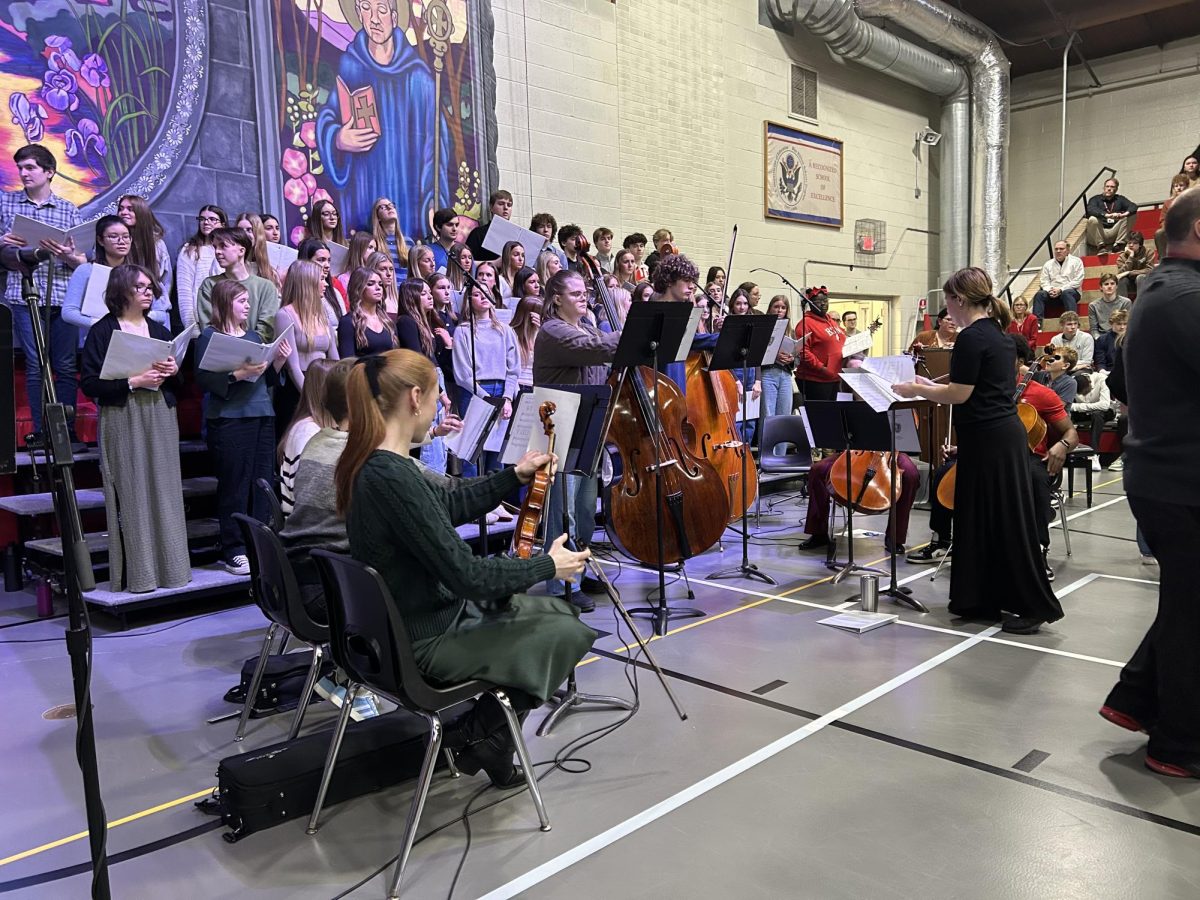
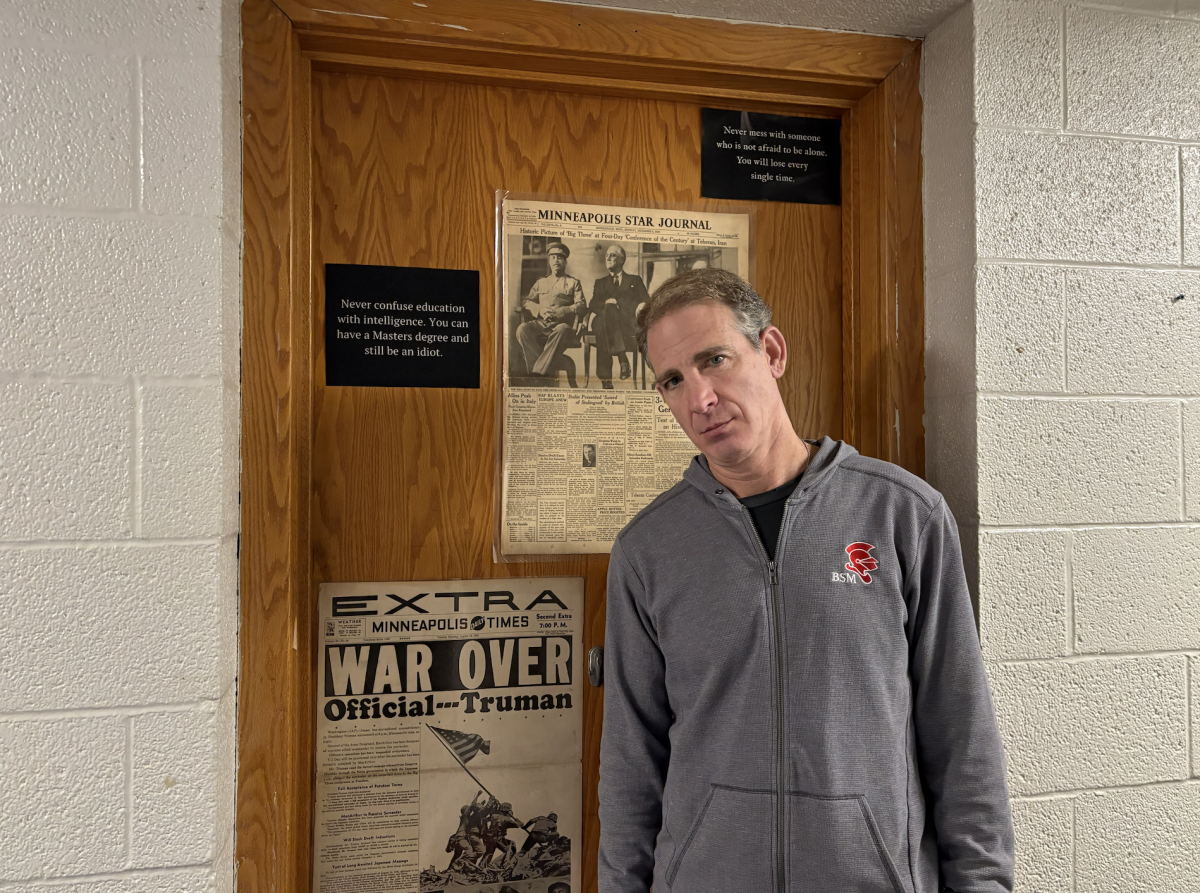







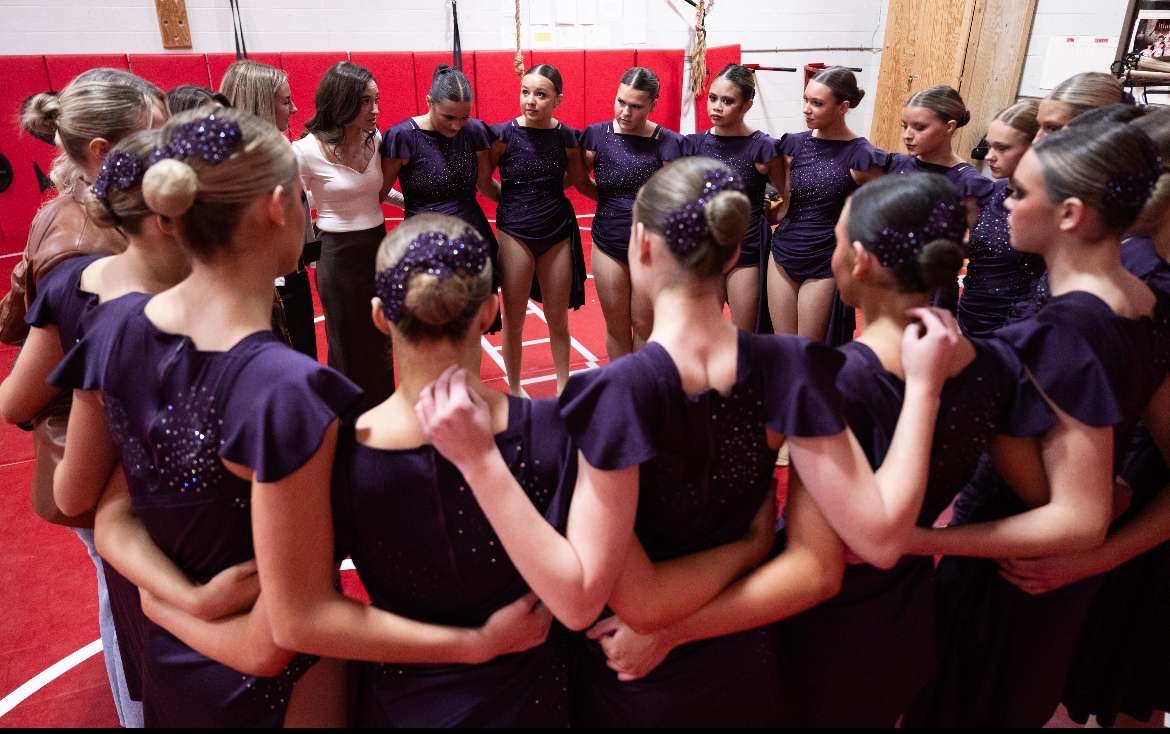
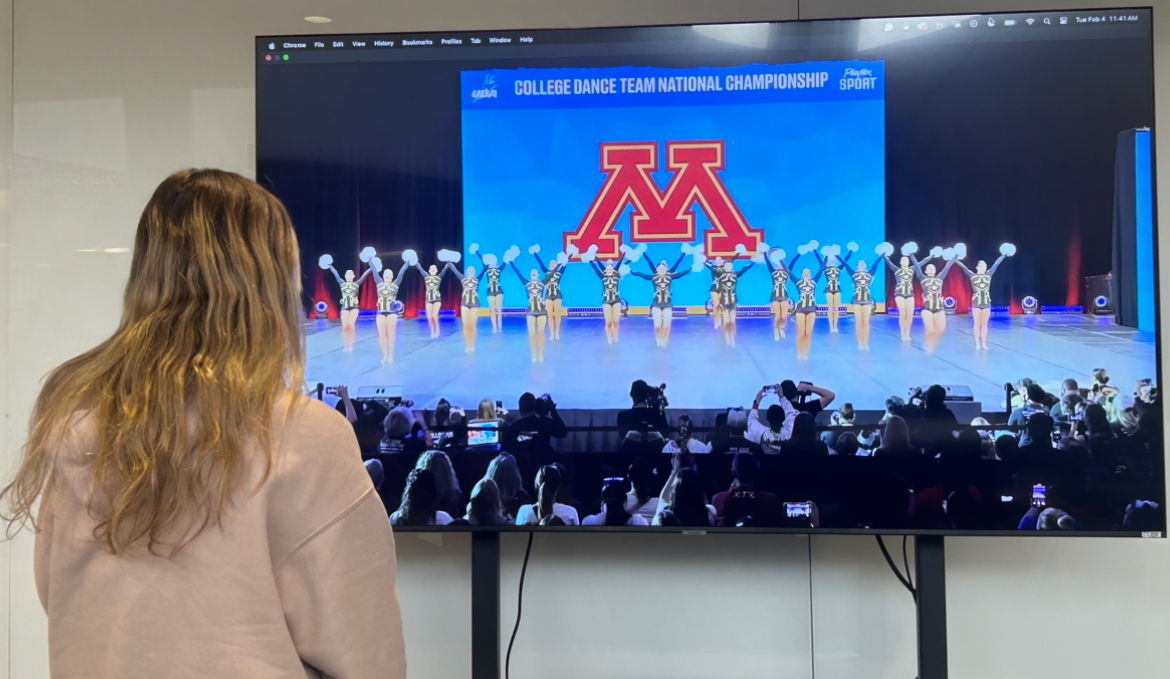












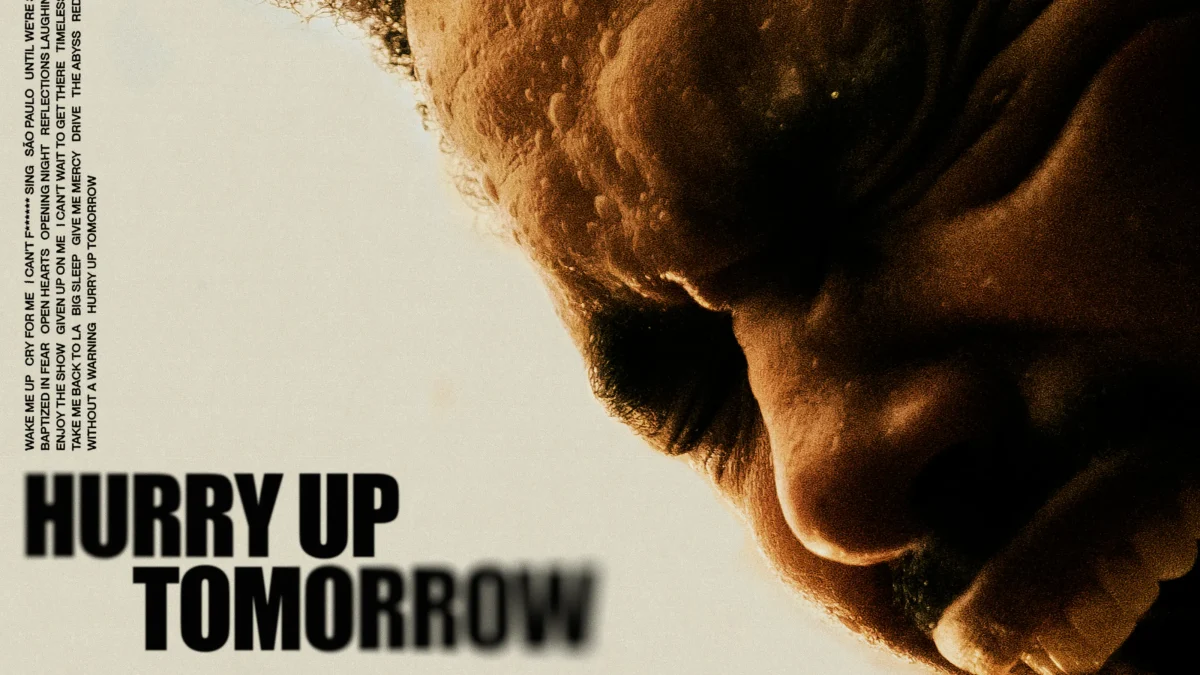







![Teacher Lore: Mr. Henderson [Podcast]](https://bsmknighterrant.org/wp-content/uploads/2025/03/teacherlorelogo-1200x685.png)






Ian Deneen • Oct 8, 2008 at 2:24 pm
Its nice to hear about a band that ANYONE HAS EVER HEARD OF BEFORE!!!!!!!!